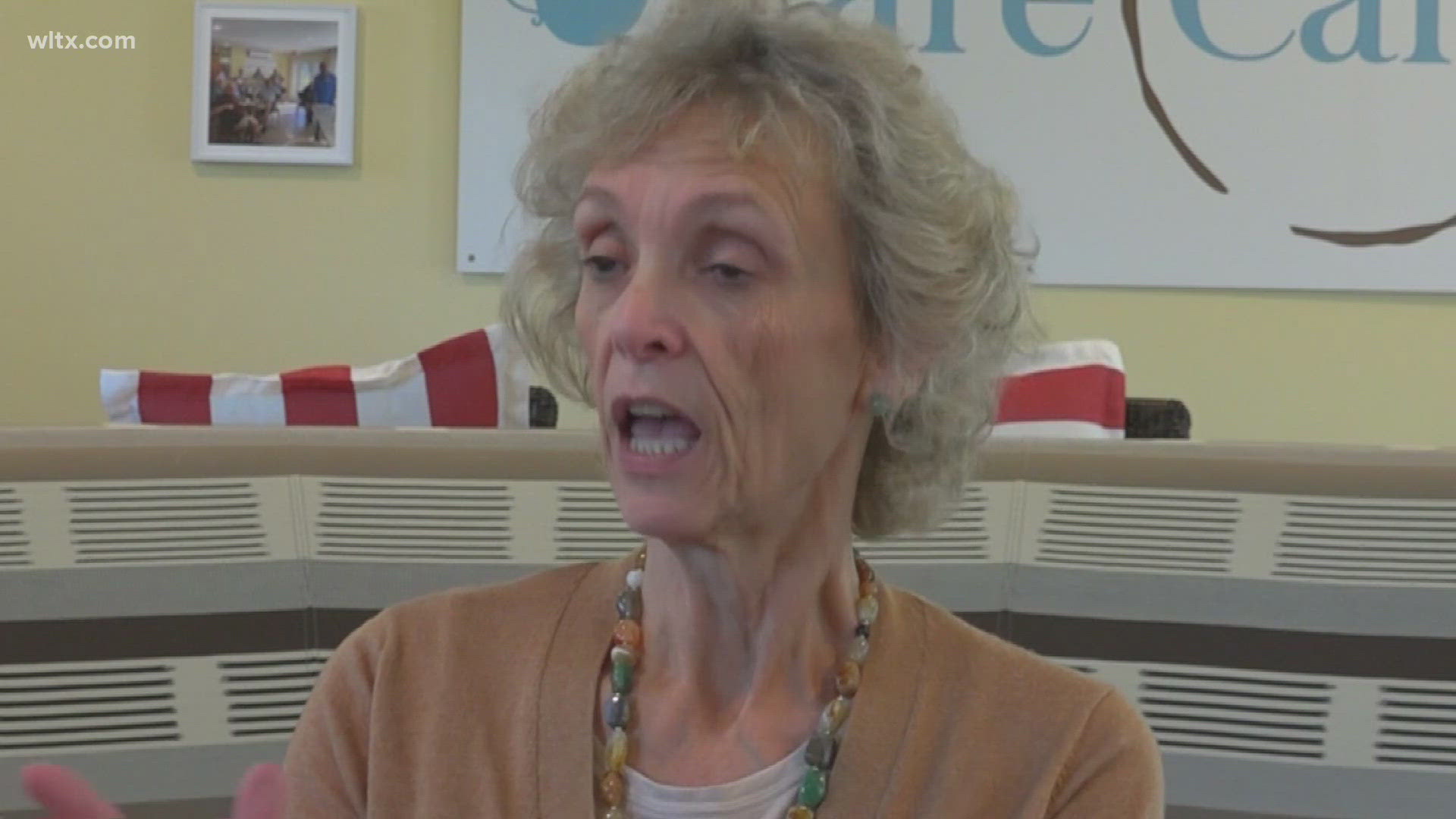COLUMBIA, S.C. — Attorney General Alan Wilson is taking steps to raise awareness about crimes against vulnerable adults by renaming a unit under his office. The Medicaid Fraud Control Unit will now be called the Vulnerable Adults and Medicaid Provider Fraud Unit.
“By raising awareness, we hope to increase the chances that more tips of abuse will be reported,” Wilson said.
South Carolina’s population of vulnerable adults, including older citizens and those with intellectual impairments, is rising. This increase heightens the risk of abuse, neglect, and exploitation, whether in a facility or at home.
Former caregiver Ellen Hinsch knows this all too well. She was her mother's full-time caregiver for five years before her mother's passing, during which time her mother also received hospice care.
“Since my mother had no resources and couldn’t afford to go into a facility full time, I did take advantage of the five-day respite and I utilized a facility near us for that break,” Hinsch said.
Hospice care provided Hinsch with a five-day break, allowing her to step away from 24/7 caregiving briefly. However, she was devastated when she discovered her mother might have been abused during that time.
“At the end of it, all of the rest I had gotten was shattered because the facility did not take care of her,” Hinsch recalled. “When I got her back, she had a bruise on her face, her dentures were broken, and half of her meds that I had given to them in blister packs labeled for each day had not been given to her. She also had a pressure wound that developed into the size of a tennis ball within just a few hours.”
According to the South Carolina Attorney General’s Office, reports of vulnerable adults not receiving proper care have increased by 30 percent over the last two years.
“In working with law enforcement throughout South Carolina, my office has found our partnership is uncovering heinous cases of neglect, abuse, and exploitation,” Wilson said.
He listed various types of abuse seen in recent years: “We have seen caregivers causing physical injuries to victims in nursing homes and assisted living facilities, nurses stealing prescription drugs and replacing them with over-the-counter medication, adult children squandering their parents' entire life savings, and administrators locking residents in their rooms without air conditioning, prescriptions, food, or water.”
The Attorney General's Office is rebranding the unit to make it clear where people can seek help.
“Whether a vulnerable adult is in a facility or their own home, the abuse, neglect, and exploitation they experience is often committed by those who should be caring for them the most,” Wilson said.
Dr. Macie Smith, a licensed gerontology social worker, emphasized the importance of recognizing signs of abuse and neglect.
“We may see a change in behavior or personality. They may become isolated, depressed, angry, or experience more anxiety. Financial exploitation is the number one type of abuse, often done by family members with easy access. If bills aren’t getting paid and utilities are shut off, there may be a problem. Physical signs of abuse, like bruises, cuts, or scrapes that aren’t explainable, could also be indicators,” Dr. Smith explained.
Hinsch, who witnessed neglect of her mother, believes accountability is crucial to ensure vulnerable adults receive proper care.
“Absolutely, I think they should be held accountable because it’s heartbreaking on so many levels,” Hinsch concluded.
If you suspect something is wrong with the care of an elderly adult, contact the Vulnerable Adults and Medicaid Provider Fraud Unit hotline at 1-888-NO-CHEAT to make a report. The Attorney General’s Office will direct the report to the appropriate authorities if they cannot handle it.
For caregivers looking for support, the nonprofit Leeza’s Care Connection offers community support groups and other helpful resources on their website.

